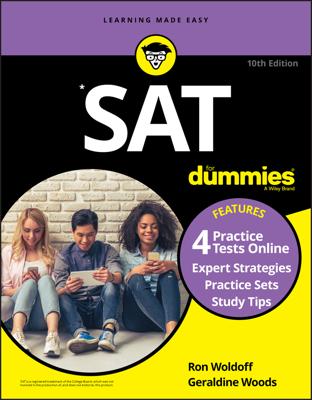Because procurements deal with contractual relationships, it’s important for PMP Certification Exam purposes that you have a general grasp on contracts. Review the following basics to prepare for the exam.
Agreements. Any document or communication that defines the initial intentions of a project. This can take the form of a contract, memorandum of understanding (MOU), letters of agreement, verbal agreements, e-mail, and so on.
Contract. A mutually binding agreement that obligates the seller to provide the specified product or service or result and obligates the buyer to pay for it.
For a contract to be valid, there must be mutual agreement between the parties. In other words, you need an offer, acceptance of the offer, and consideration (in this context, the fancy legal term for payment or money). Contracts must have a legal purpose, and must be entered into by someone with capacity or delegated procurement authority, usually a contracting officer.
Exam questions dealing with this knowledge area assume that the procurement is large and based on a contract. Although it’s true that you can purchase labor and supplies, you should address these questions as if you were purchasing something significant: say, more than $1 million. Also, questions on the exam assume that you are in the role of the buyer.

